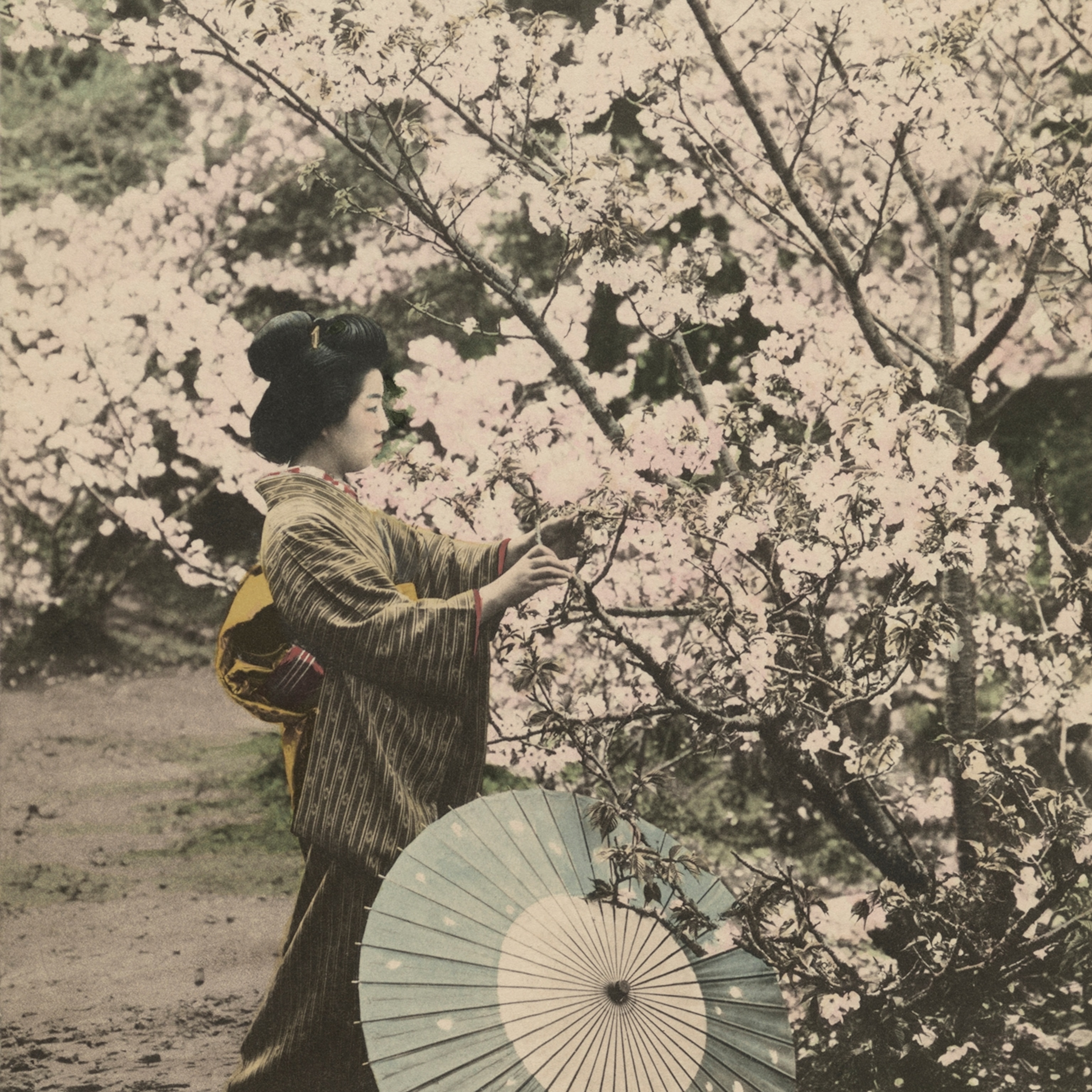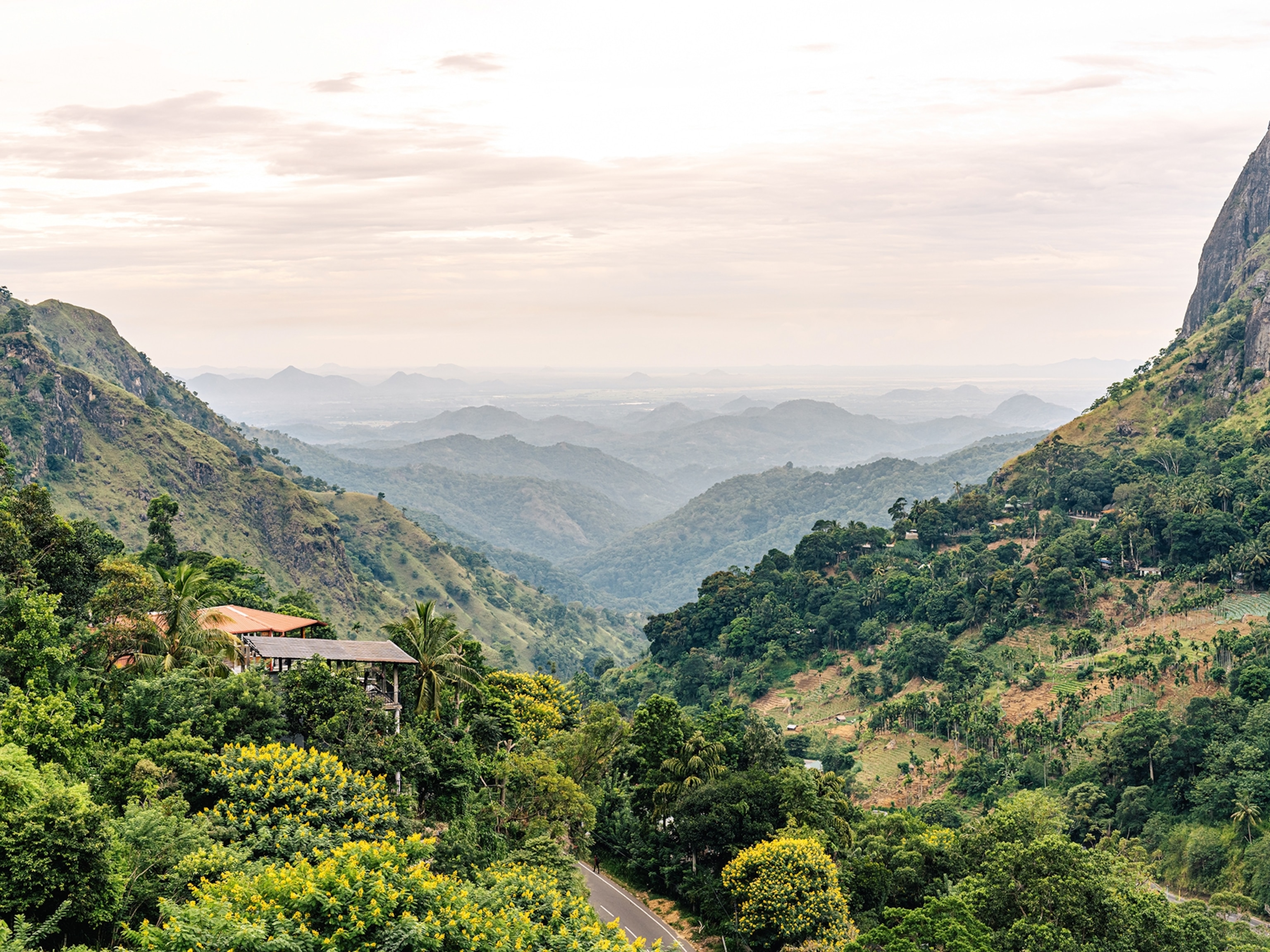
Thousands Submitted Ideas to Our ‘Chasing Genius’ Challenge. These 4 Won
By submitting a one-minute video pitch, four people won $25,000 each to pursue their visions for improving the world.
A compostable fabric made from kelp. A portable eyeglass-making kit. A solar-powered device for processing millet, a staple food in sub-Saharan Africa.
These are the winning ideas announced this week in National Geographic's CHASING GENIUS challenge, along with a People's Choice winner who uses data to help small farmers in India.
The challenge, which National Geographic established as part of a partnership with GSK Consumer Healthcare, attracted thousands of people who shared world-changing ideas across three areas: building a more sustainable planet, improving global health, and feeding an eventual population of nine billion.
"I was absolutely in awe of the submissions we received for the competition," says Jay Shetty, a storyteller, filmmaker, and former monk who was on the judging panel as a member of the CHASING GENIUS Council. "Not only were the ideas well thought through, but they were bold and aspirational. There genuinely could have been several winners based on the quality of entries we received, but the ones you see here were that little bit more special."
Many of the ideas centered on providing clean water and energy, eradicating hunger, reducing disease—the types of goals the United Nations has identified as critical to transforming our world.
"The breakthrough solutions to our biggest challenges will come from unexpected places," says Albert Lin, a National Geographic Emerging Explorer who also served on the council. "The more we activate our global creativity, the better chance we will have at enabling those emergent solutions."
Of 45 finalists, three were chosen by the CHASING GENIUS judging panel, while the fourth was chosen by popular vote. All won $25,000 each to pursue their ideas.
Here are the four winners and their ideas:
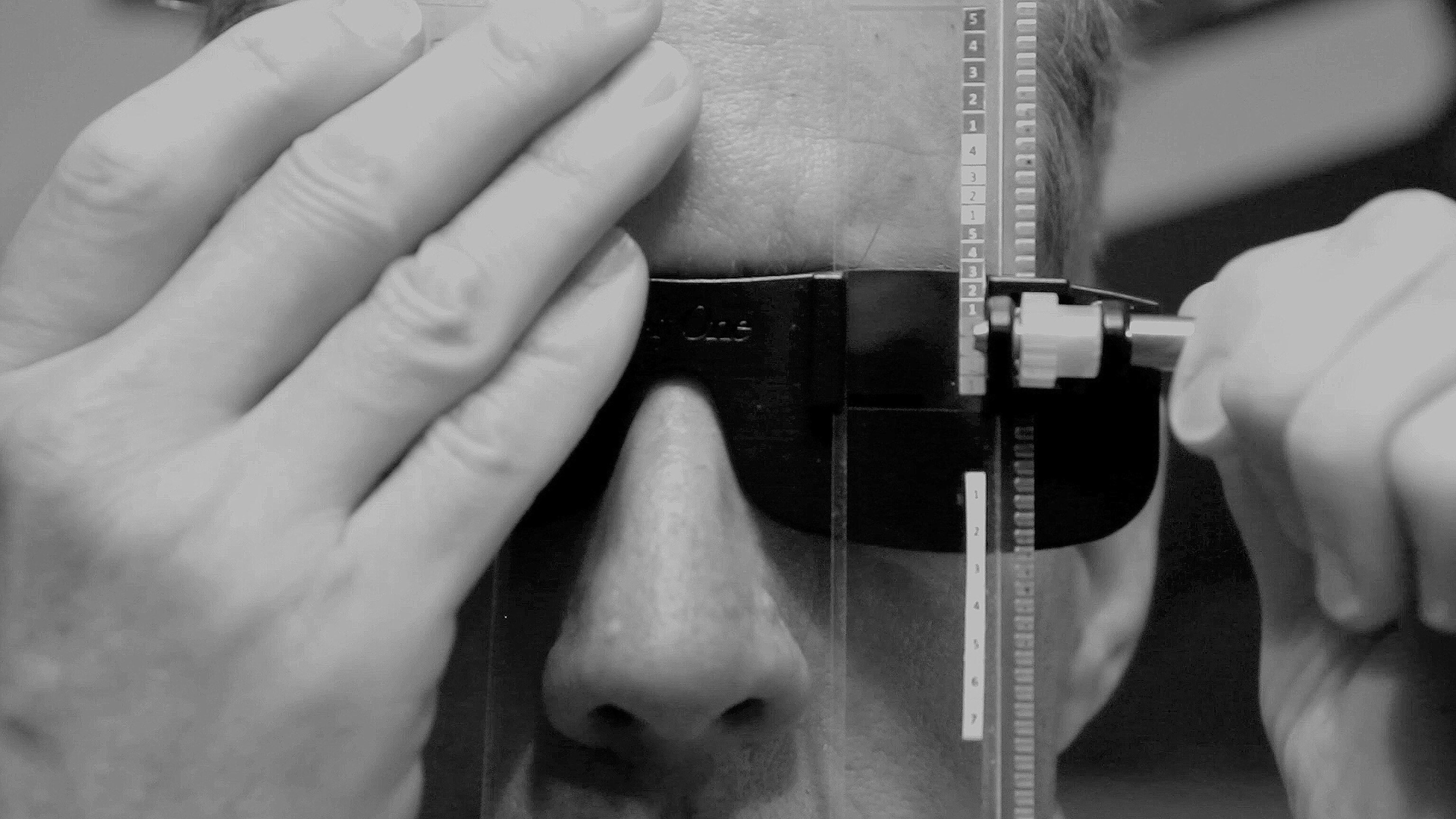
Global Health: Kevin White, vision correction for the developing world: For 2.5 billion people, eyeglasses are out of reach. "Think of what you could not do if you didn’t see clearly (you wouldn’t be reading this)," says White.
White, who is based in Baltimore, Maryland, ran humanitarian programs in Africa for the U.S. Department of Defense in 2005. One effort involved donated eyeglasses. "I was dismayed at the inefficiencies and lack of customer satisfaction this outreach produced," he says. "I have been working on a solution ever since."
His idea, USee, is an affordable, portable vision correction kit that doesn't require an education in optometry. He says that with the system, which has seen successful clinical and field trials, "anyone, with less than a day of training, can a) measure refractive error, b) determine the lenses needed to correct vision, and c) snap the lenses into attractive frames."
White says winning the prize "feels fantastic," and that having the validation and support from National Geographic "means that more people will be aware of epic scope of the global vision problem, and will see how simply it can be addressed."
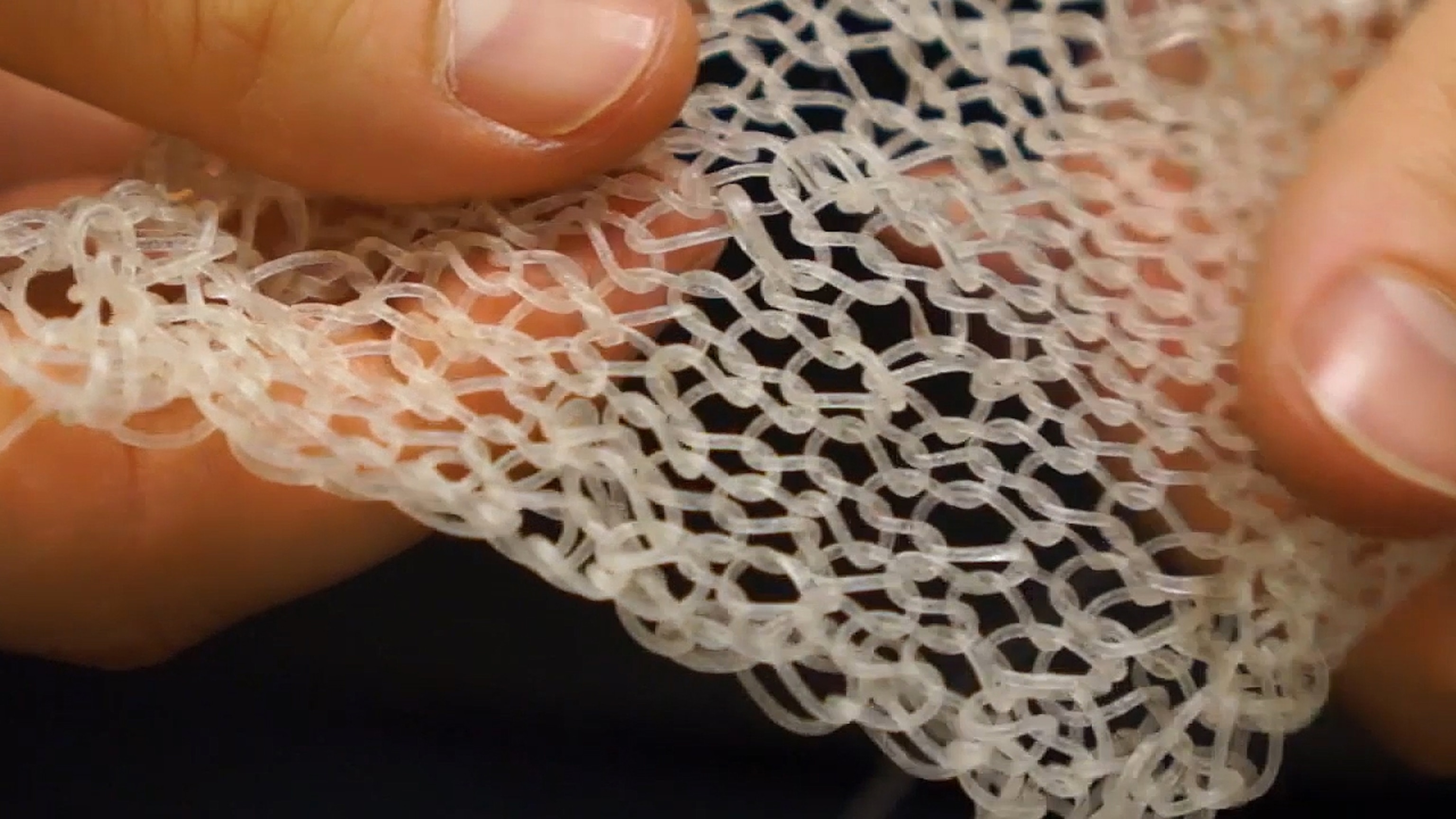
Sustainable Planet: Asta Skocir, sustainable textiles: Fashion can be toxic: The process of making clothes generates pollution, planet-warming carbon dioxide, and wastewater. New York City-based Skocir, an associate professor at the Fashion Institute of Technology, is co-mentoring an initiative by a team who set out while students at FIT to create a fabric made of kelp that can be composted.
"Fashion needs to change," her video says of the concept, Algiknit. "It no longer makes sense to use synthetic materials that last for millennia."
Inspired by nature’s ability to self-assemble atoms and molecules into a range of natural resources, Algiknit wants to make materials using natural dyes that have a lower ecological footprint. "With so many great ideas submitted, we are very humbled by this win," Skocir says, adding that the prize "will allow us to continue our research in creating sustainable kelp-based, fully compostable biomaterials."

Feeding 9 Billion: Richard Trimble, solar-powered crop processing: Processing millet, an important staple in sub-Saharan Africa, can be a labor-intensive task.
"For thousands of years women have had the arduous task of threshing millet by repeatedly pounding using mortar and pestle, winnowing with large bowls, washing, rinsing, sifting, and drying, among the many other steps," says Trimble, who lives in Shutesbury, Massachusetts.
Collaborating with women farmers in Niger, Trimble designed a compact, solar-powered device that threshes and winnows pearl millet, allowing more daily meals to be produced without such a physical toll. "The women found it to be fast and efficient," Trimble says. His team plans to build 50 threshers to distribute for feedback before mass-producing them.
In reaction to winning the challenge, Trimble says, "We have put our hearts and souls into our pearl millet thresher. Knowing that we will be able to continue the process of scaling up production and mass distributing our thresher to improve the lives of African women and their families is a true gift."
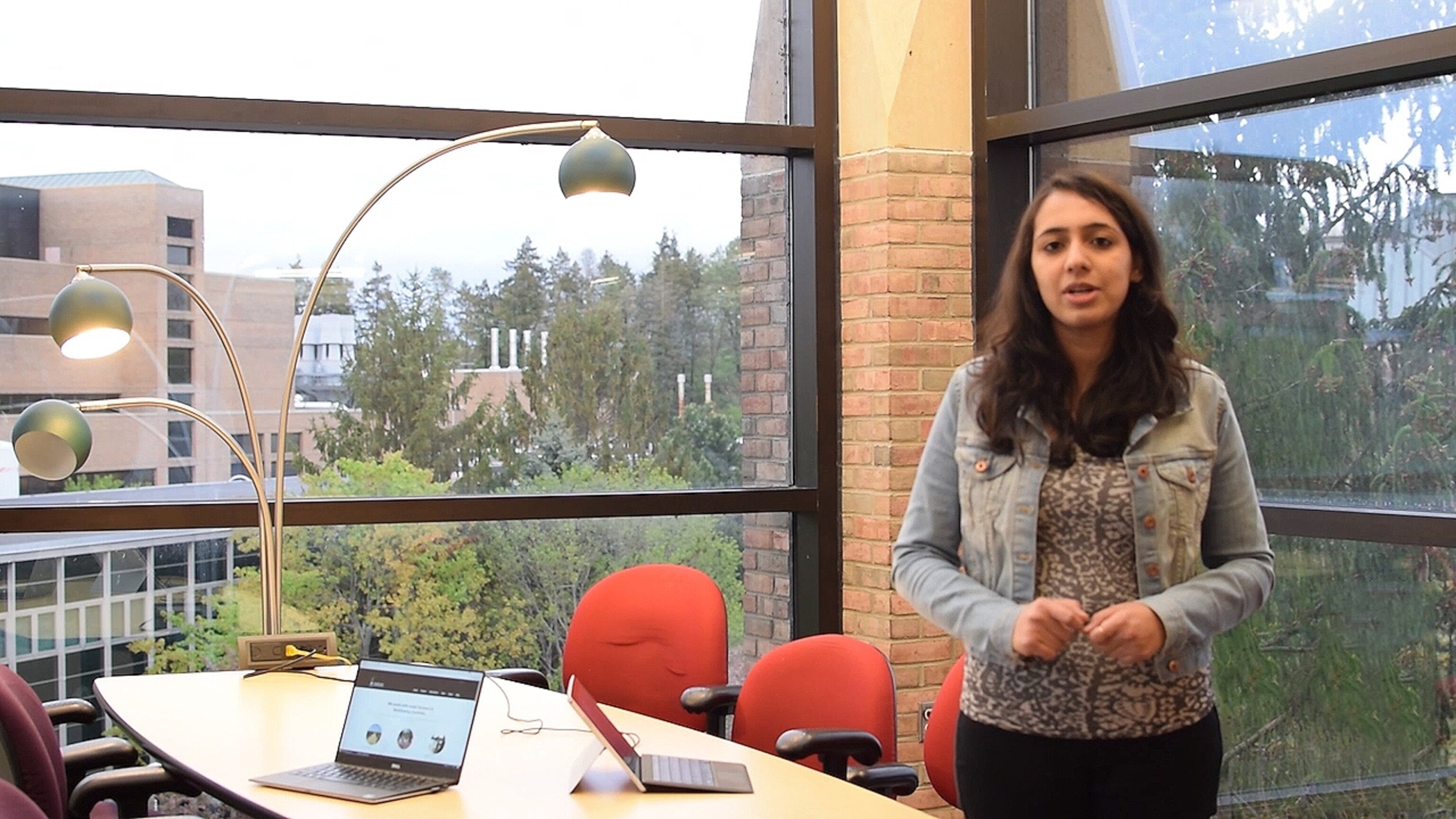
People's Choice: John Monnat, improving data for small farmers in the developing world: Cotton farm in India see far lower crop yields than their counterparts in China and the United States. Despairing farmers are leaving agriculture, or worse, committing suicide. Yet basic information from soil tests and other measurements can help boost output.
"We see exciting possibilities in connecting farmers to the infrastructure and information required to improve yields," says John Monnat of Ann Arbor, Michigan.
His organization, Cheruvu, uses data to help farmers make smarter agricultural decisions that boost yields and reduce costs. Of his team of five people, he says, "We come from India and the U.S. and are inspired by our respective family ties to farming to solve social and environmental problems affecting farmers in developing countries."
Monnat says the prize will help his team move toward the goal of a holistic tool-set for farmers in developing countries. "I found great inspiration in the mix of ideas and groups who submitted to the competition," he says. "It helps us stay motivated to know that there are so many good groups out there doing tough work across the globe."
National Geographic plans to do more challenges in the future. Go to natgeochasinggenius.com to join the community so that you can be kept abreast of upcoming activities and future challenges.


